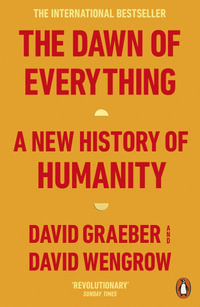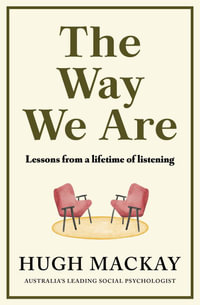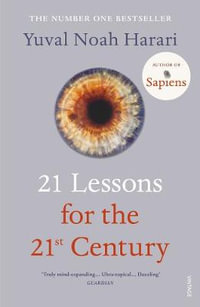There is growing interest in "therapeutic narratives" and the relation between narrative and healing. Cheryl Mattingly's ethnography of the practice of occupational therapy in a North American hospital investigates the complex interconnections between narrative and experience in clinical work. Viewing the world of disability as a socially constructed experience, it presents fascinatingly detailed case studies of clinical interactions between occupational therapists and patients, many of them severely injured and disabled, and illustrates the diverse ways in which an ordinary clinical interchange is transformed into a dramatic experience governed by a narrative plot. Drawing on a wide range of sources, including anthropological studies of narrative and ritual, literary theory, phenomenology and hermeneutics, this book develops a narrative theory of social action and experience. While most contemporary theories of narrative presume that narratives impose an artificial coherence upon lived experience, Mattingly argues for a revision of the classic mimetic position.
If narrative offers a correspondence to lived experience, she contends, the dominant formal feature which connects the two is not narrative coherence but narrative drama. Moving and sophisticated, this book is an innovative contribution to the study of modern institutions and to anthropological theory.
Industry Reviews
'Mattingly has clearly moved the conversation about narrative in clinical settings forward. Her accounts and analyses are often so subtle and sensitive that the text moves us in ways that go beyond 'purely' academic writing to experiences that enrich our lives as well as our understandings. Surely this is the most important work we can do in this field.' Literature and Medicine 'Poised within the narrative turn in contemporary ethnography but also against its dominant assumptions, Mattingly ... argues that such experiences have a narrative or dramatic form prior to and independent of the explicit stories that might later be told ... Mattingly's position amounts to something like a Copernican revolution ... The dramatic element in therapeutic emplotment is linked to the temporality of human existence, which lends an element of surprise, as neither the occupational therapist nor the patient can know whether they story will end in the way they envision it.' Medical Anthropology Quarterly 'Cheryl Mattingly has produced a little masterpiece. Her book brings anthropological theory to bear in a most subtle and knowledgeable way on how occupational therapists help patients who are so severely disabled that they are no longer able to live their lives with the ordinariness and banality to which we all become accustomed. Her focus is principally upon how therapist and patient together create a new and workable life narrative that restores meaning and order to a shattered life. She manages this task with a combination of anthropological astuteness and human compassion that is gripping. And along the way she succeeds in shedding fresh light on such ancient riddles as how life imitates (narrative) art while such arty remains in some respects an imitation of life. This is a book not just for the medical anthropologist or the occupational therapist but for human scientists at large!' Jerome Bruner 'Mattingly provides the richest discussion to date of the relevance of narrative theory for many of the most crucial issues of contemporary, studies of culture. Plot, motive, desire, sufferance, reversal and transformation are all found to be features of therapeutic 'rituals of the everyday' and by extension of the achievement of 'significant experience' in the most ordinary social routines. Exquisite reflections on philosophical and literary texts, juxtaposed with captivating stories from the clinic this is a work of maturity and great importance.' Byron Good and Mary-Jo DelVecchio Good

























